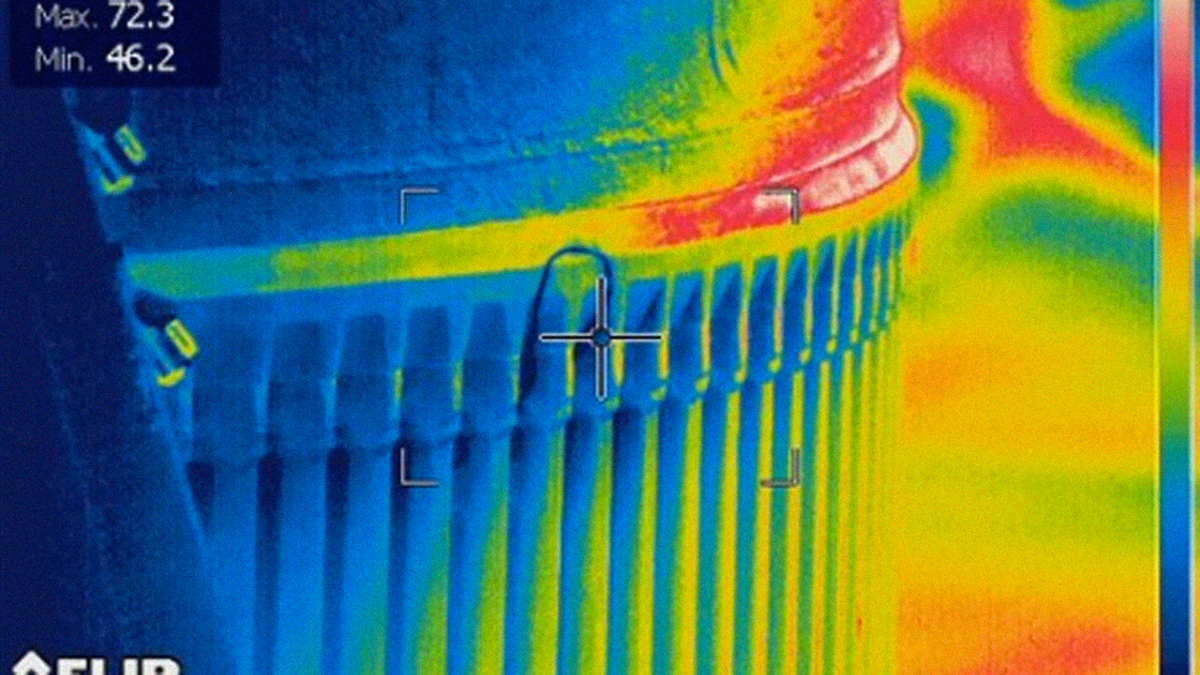
Cracks such as this one, discovered on November 9 in the space shuttle's external fuel tank, led to delays in the vehicle's final launch. (Proof Math Is Beautiful)
NASA on Thursday delayed the launch of space shuttle Discovery on a mission to the International Station to December 3 from November 30 to allow more time for repairs and determine why the ship's fuel tank cracked, officials said.
"We can't make the 30th," NASA spokesman Allard Beutel said.
The U.S. space agency postponed Discovery's liftoff on a planned 11-day mission when a potentially dangerous hydrogen leak was detected while the spaceship was being fueled for liftoff on November 5.
After the postponement, NASA also discovered a large crack in foam insulation covering the tank, which is a debris hazard for launch.
Foam falling from shuttle Columbia's fuel tank and striking the ship during launch triggered an accident that killed seven astronauts in 2003. NASA redesigned the tanks afterward to minimize foam loss.
The accident eventually led to the decision to cancel the shuttle program, which is being shut down after two or three more flights to complete the space station, a $100 billion project of 16 nations that has been under construction 220 miles above Earth since 1998.
The 20-inch (50-cm) crack in Discovery's tank insulation proved to be just the start of the problem. Engineers later found four cracks in an underlying support structure.
Repairs to fix the hydrogen leak and the tank are under way. NASA managers decided, however, they needed more time to understand what triggered the tank cracks and make sure the shuttle is safe to fly.
In addition to fixing Discovery's tank, engineers are analyzing the fuel tanks earmarked for a final shuttle flight in February, as well as a possible additional mission next summer aboard shuttle Atlantis.
The December launch opportunity is a short one. Other activities at the orbital outpost require that Discovery be off the launch pad by December 6 or possibly December 7.
After that, the next opportunity to fly may not come until late February, which is when NASA hoped to launch shuttle Endeavour on a mission to deliver the $2 billion Alpha Magnetic Spectrometer particle detector to the station, completing U.S. assembly.
